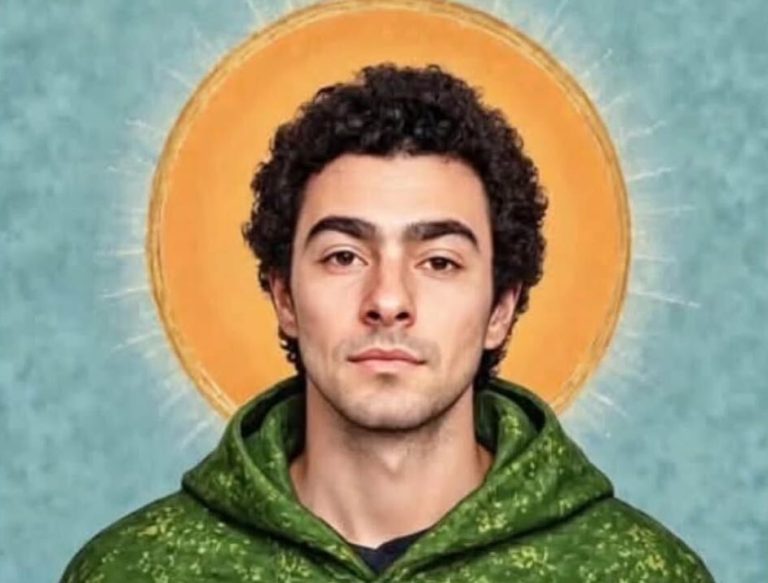
Last week, I had eye spasms from staring at media coverage of the shooting of UnitedHealthcare CEO Brian Thompson.
Now, with 26-year-old Luigi Mangione identified as an assassination suspect, new developments have slowed, and meme makers on social media platforms have begun glorifying the Gen Z computer science nerd-turned-high-IQ guy. -An overview of killings in the United States.

This shooting has been intertwined with my life from the beginning—perhaps because it happened not far from the building where I work in midtown Manhattan, or because the person who was killed was the insurance company where I received care CEO. This targeted killing was also the first sensational crime that I could connect my social circle to through social media. When Mangione was accused of murdering a health care executive, I found his Instagram and quickly discovered the connection. I opened up his GoodReads account, a platform where I often share book reviews, and casually compared and contrasted our tastes in literature.


These are all digressions and imaginary connections, but knowing that the alleged murderer was a member of Generation Z has led to a phenomenon in which young people feel closer to the executives who once occupied the same numbers than to the slain executives. The culture of a suspected murderer of a large company. The humor that emerged from this sentiment fascinated the media. Purported details of the case include engravings on bullet casings, monopoly money left behind, the suspect’s alleged knowledge of New York City’s post-9/11 surveillance, his apparent flirtation with a hostel front desk clerk, and an e-bike outing. Pointed at young people, at least by the standards of my circle.
As one friend texted in a group chat I was a member of, “I knew once they caught this guy, I was going to help him.”

Gen Z shares a generational status with Mangione, coupled with dissatisfaction with U.S. health insurance practices and widespread desensitization from chronic exposure to violent images, including those of the murder of George Floyd and Israel’s war in Gaza. Perhaps that explains the sarcastic online reaction to Thompson’s killing. .
At the time of writing, “Mangione” is the hottest topic on X. Classified as “hate” by some, there are saint-style portraits, jokes about conjugal visits, false alibi, attacks on Italian tradition, and appearances and comments praising Mangione. The intelligence spewed out by social media users can provide insight into how Gen Z metabolizes intragenerational suspects for political crimes.
Shortly after Thompson’s murder, user X drew attention to an Anthem Blue Cross policy update aimed at limiting anesthesia coverage. The provider reversed the policy after facing backlash online, spawning a slew of memes.

The meme praising Mangione may seem devoid of sympathy for the CEO’s death, but it also symbolizes solidarity with those who die from inadequate health care. Thompson’s death briefly brought a health care issue rarely discussed in this year’s presidential debates into the consciousness of millions of Americans. In the period following Thompson’s murder, major media outlets brought complaints against UnitedHealthcare to the forefront, including a class-action lawsuit alleging that the company used an algorithm that “systematically identified data.”[ies] Claims by Medicare Plan Holders.”
Here are more examples of how social media users reacted to Luigi Mangione’s arrest — I’ll let you decide whether they were cruel or meritorious.






